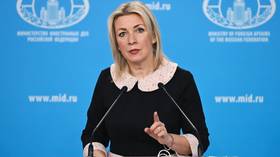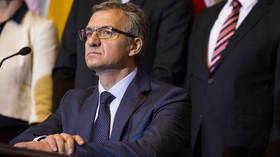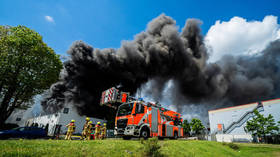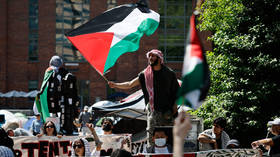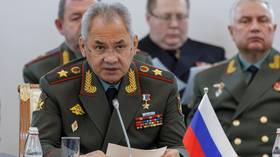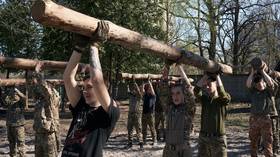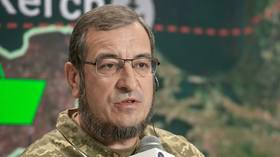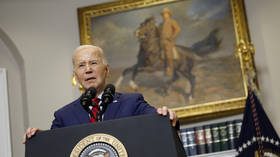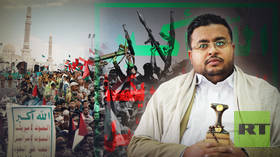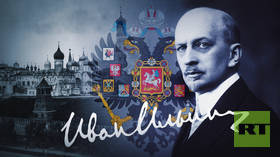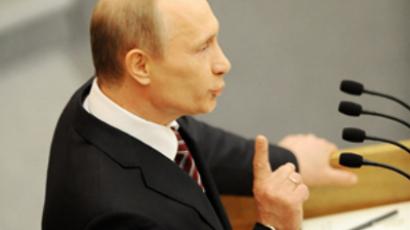Diversification the key to post recession economic growth
With the Russian economy now emerging from the slump of the past year, focus is turning to the economic restructuring required to broaden the economic base and lay the basis for steadier economic growth.
President Medvedev has hailed the government’s anti-crisis efforts and bailout package a success. But Sergey Aleksashenko, Head of Micro Economic Research at Moscow school of Economics, says that a halting the decline is one thing but generating growth and handling future risks is another.
“We can definitely say that Russian economy is not declining anymore. But a lack of decline doesn’t mean the economy is growing. I’m not sure that growth of 1-2 % a year is a success. The biggest problem Russian economy may face in the nearest months is credit crunch, that banks will not credit the economy and that’s why economic recovery will be very slow.”
Russia's reliance on commodity exports exposed the weaknesses of the economy when crude plunged from more than $145/bbl last July to less than $35 last December. The similar crashes in prices for steel, copper and coal exposed the narrowness of the nations economic base. Andrew Cranston, Senior Partner at KPMG Russia & CIS believes words need to be matched by deeds on diversification.
“Russia was one of the fastest growing markets before the crisis. The bottom line is that you do need a diversified economy, because when you get a big shock in one part of the system you want to be as robust an economy as you can be, you want to have strength across the board. And, if you don’t have that, it tends to hit you harder.”
President Medvedev says modernisation is a priority, setting a target to upgrade industries within 15 years. Sergey Aleksashenko says it’s possible, but major changes in the economic, administrative and political landscape would be required.
“Russia needs political and economic competition, Russia needs independent and reliable courts and it also needs a very positive investment mood.”
Modernisation will depend on tackling bureaucracy too. The changes needed will be easier with an economy emerging from recession, provided the government maintains its commitment to both budget discipline and microeconomic changes such as privatisation, as well as fostering a more robust private sector. Having steered the economy through a once in a generation slump, the nations economic leaders can now keep up the commitment to building a steadier and surer economic future.


